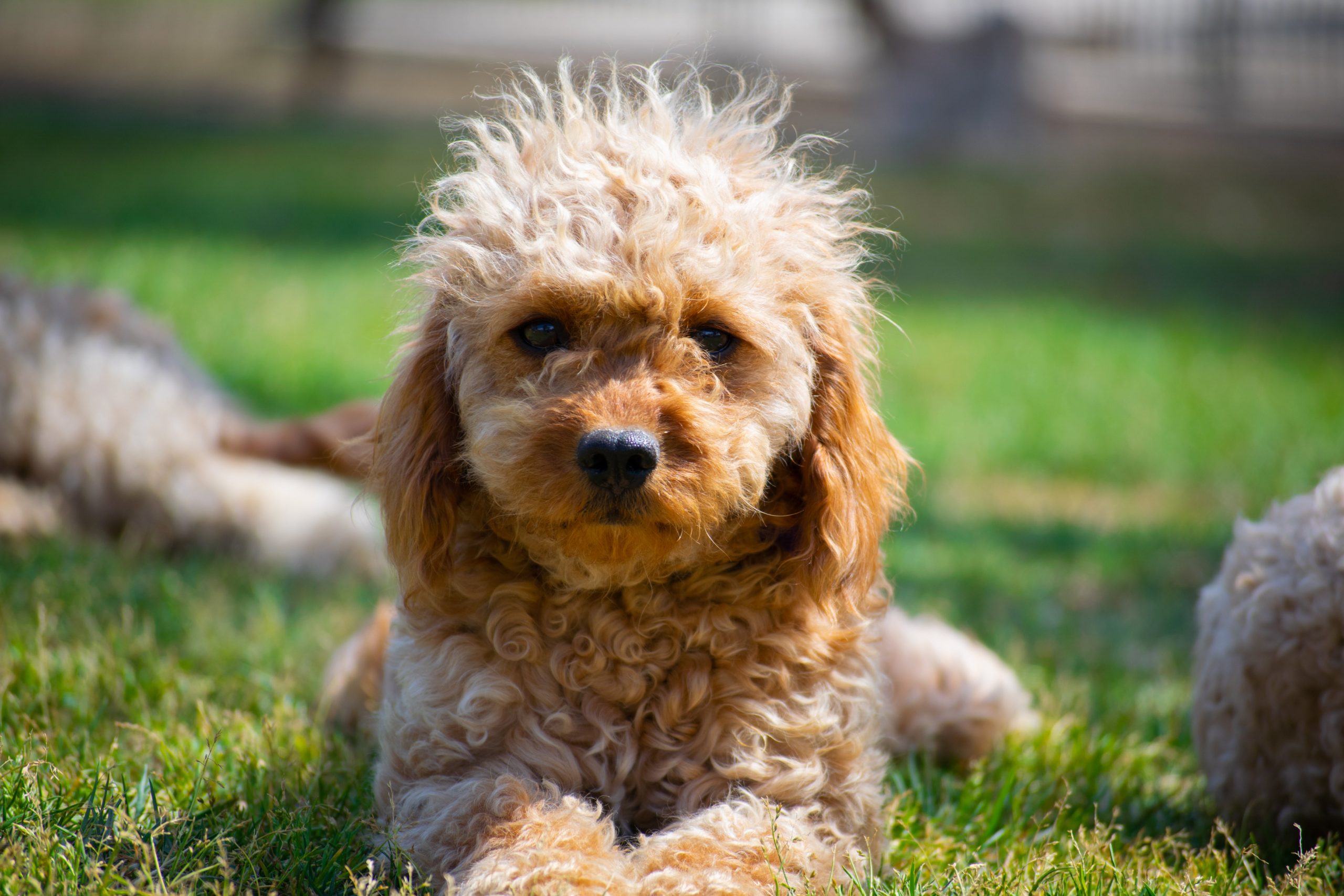Poodles come in three main sizes: toy, miniature, and standard, each with distinct dietary needs. While the Poodle breed is known for its luxurious coat and intelligent demeanor, their nutritional needs are as unique as their curls. Feeding your Poodle the right amount of food is crucial for maintaining their health, energy levels, and a luxurious coat.
1. Understand the Poodle’s Dietary Needs
Poodles, irrespective of size, require a balanced diet rich in protein, fats, and essential nutrients. The primary energy source should be high-quality animal protein, followed by fats, and then carbohydrates. Look for foods that list meat or meat meals as the first ingredient.
2. How Much to Feed Based on Size
Toy Poodles (4-6 pounds):
Toy Poodles require approximately 200-300 calories per day, split into 2-3 meals. For most commercial dog foods, this translates to roughly 1/2 cup to 2/3 cup daily.
Miniature Poodles (10-15 pounds):
Miniature Poodles require about 400-600 calories per day. This means they should consume approximately 1 to 1.5 cups of food daily, split into two meals.
Standard Poodles (40-70 pounds):
A Standard Poodle’s caloric needs range between 1000-1500 calories per day. In terms of dog food, this equates to 3-4 cups daily, split into two meals.
It’s essential to read the feeding guidelines on your chosen dog food brand, as caloric density varies among brands.
3. Adjusting for Activity Level
Like humans, a dog’s caloric intake should align with their activity level. A Poodle that regularly competes in agility courses will have different dietary needs compared to a senior Poodle that enjoys more relaxed days.
Active Poodles:
May require up to 20% more calories daily.
Senior or Less Active Poodles:
Might need 20% fewer calories to prevent weight gain.
4. Cost of Feeding a Poodle
The monthly cost of feeding a Poodle varies based on the size of the dog, the quality of the food, and regional pricing. On average:
Toy Poodles:
Feeding a high-quality commercial food can cost around $20-$30 per month.
Miniature Poodles:
The cost rises to approximately $30-$50 per month.
Standard Poodles:
Expect to budget around $60-$90 per month.
Opting for premium brands, specialized diets, or incorporating fresh foods can increase these estimates.
5. Monitoring Your Poodle’s Weight
Maintaining an ideal weight is crucial for a Poodle’s health. Regularly check your Poodle’s body condition. You should be able to feel their ribs without pressing too hard and observe a noticeable waistline.
6. Transitioning Foods
If you decide to switch your Poodle’s diet, do so gradually over 7-10 days. Start by mixing a small amount of the new food with their current food, slowly increasing the proportion of the new food each day.
7. Special Considerations
Poodles can be prone to certain health issues, such as hip dysplasia and certain skin conditions. A diet rich in omega-3 fatty acids can support joint health, while foods with natural oils like flaxseed can promote skin and coat health.
8. Hydration
Always ensure your Poodle has access to fresh water. Proper hydration is just as vital as a balanced diet.
Conclusion
Feeding your Poodle the right amount and type of food is essential for their overall health and well-being. Regularly consult with your veterinarian about your Poodle’s dietary needs to ensure they receive the best nutrition possible.
Frequently Asked Questions About Feeding a Poodle

1. How often should I feed my Poodle?
For Poodle puppies up to six months old, it’s recommended to feed them three times a day. Once they’re over six months, you can transition to feeding twice daily. Regular feeding times can help with digestion and set a routine for your pet.
2. Are there specific ingredients I should look for in Poodle food?
Yes, Poodles benefit from a diet rich in high-quality animal protein, essential fats, and limited carbohydrates. Foods with meat or meat meals as the primary ingredient are excellent. Additionally, ingredients that promote joint health and a shiny coat, such as omega-3 fatty acids and flaxseed, can be beneficial.
3. Can Poodles have grain in their diet?
While many Poodles can digest grains without issues, some might be sensitive or allergic to grains. If you suspect a grain allergy, consider grain-free diets, but always consult with a veterinarian before making significant changes to your Poodle’s diet.
4. How do I know if my Poodle is overweight?
Regularly check your Poodle’s body condition. Ideally, you should be able to feel their ribs without pressing too hard and observe a noticeable waist. If unsure, consult with your veterinarian for an accurate assessment.
5. Can I feed my Poodle human food?
While some human foods are safe for Poodles in moderation, others can be toxic. Always avoid feeding chocolate, grapes, onions, garlic, and foods high in salt or sugar. If you want to give human food, opt for plain cooked meats, certain fruits, and vegetables, but ensure they make up no more than 10% of the dog’s diet.
6. How much water should my Poodle drink?
Always ensure your Poodle has access to fresh water. The amount they drink can vary based on their size, activity level, and the type of food they eat (wet food vs. dry food). Monitor their water intake and consult a vet if you notice any sudden changes.
7. Should I give my Poodle supplements?
Unless recommended by a veterinarian due to specific health concerns, most Poodles receiving a balanced, high-quality diet don’t need supplements. Over-supplementation can cause more harm than good.
8. How should I transition my Poodle to a new food?
When introducing new food, do so gradually over 7-10 days. Start by mixing a small amount of the new food with the old, increasing the new food’s proportion each day to avoid digestive upset.
9. Is wet food or dry kibble better for Poodles?
Both wet and dry food have their benefits. Wet food can be more palatable and hydrating, while dry kibble can assist with dental health. Some Poodle owners opt for a mix of both. Ensure whichever you choose is of high quality and meets your Poodle’s nutritional needs.
10. My Poodle is a fussy eater, what should I do?
First, rule out any health issues by consulting a veterinarian. If your Poodle is healthy but picky, consider rotating between a few high-quality foods, adding a tasty topper, or using wet food to make dry kibble more appealing. Ensure any changes are introduced gradually.

3 Comments